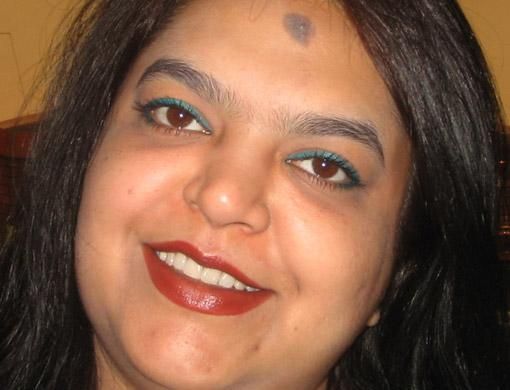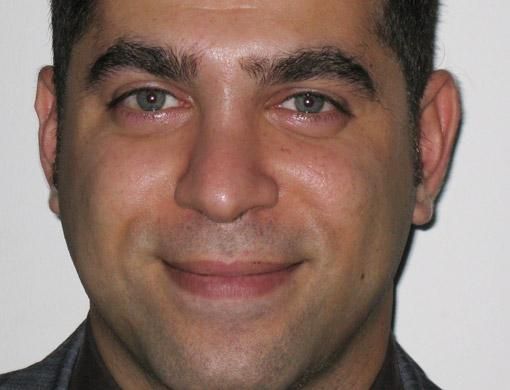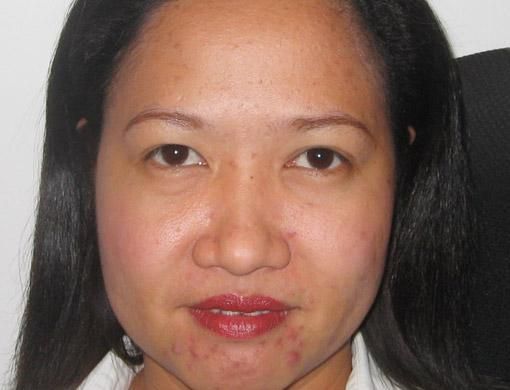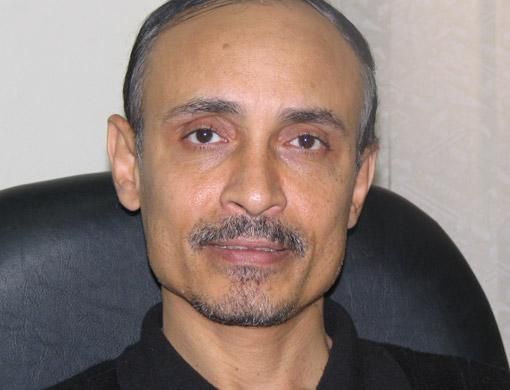Dubai/ Abu Dhabi/ Fujairah: A person should aim to be healthy, wealthy and wise - but is it followed in that particular order?
Healthcare may be taking a back seat to one's expenses, as lower income earners are fighting the rising costs of daily expenses.
It was recently announced that the cost of medicines will rise this October, adding a further burden to residents' pockets.
In a recent Gulf News poll, 58 per cent of respondents said they would get their medicines from abroad, 26 per cent said they would opt to buy a cheaper brand of medicine, while the remaining 16 per cent said they were not affected by the price change.
City Talk took to the streets and asked residents how often they went for medical check-ups and whether they should be made compulsory?
How good they thought the facilities were and what could be done to improve the services.
Egyptian Magdi Ali Esmail, a court administrator, 50, said: "With the substantial rise in living expenses, a regular medical check-up is perhaps the last thing on the minds of most expatriates, especially those with low incomes. The most important thing is the health of the kids; as long as they are fine and we can get them the right medical treatment when they get sick then me and my wife will be satisfied.
"I think making it compulsory is unnecessary because some expatriates will undergo medical check-ups in their own countries as they have more trust in their own doctors and the cost will be much more affordable."
Regina Navarette, a Filipina administrator manager, 35, said: "I only go once a year merely for personal concerns. It should not be compulsory but it should come from our own initiative to visit a general practitioner. Hospitals are a lot more expensive than in the Philippines, but the services is quite good and we are generally getting our money's worth."
Mahmoud Abdul Aziz, South African, IT Consultant, 29 years, said: "I have a medical check-up every six months. I believe it is mandatory to have check-ups frequently. Medical services in the UAE are excellent in my opinion, but they are expensive."
Sania Shakil, a distribution account manager from Pakistan, 37, said: "I get a check-up once every three months and I think it should be compulsory for everyone to have one regularly. However, it should be covered by the employee's administration so that people will be encouraged to get a check-up. Hospitals offer very good facilities and it is difficult to see the same standard of services and hygiene at private clinics."
Helmi Al Minshawi, a real estate agent from Egypt, 46, said: "I get check-ups on a yearly basis at one of the private clinics because I do not have enough trust in the local public hospitals. I think it is important to get check-ups on a regular basis but I would be against making it compulsory because people know the limit of their means and will have their own priorities. Most people consider it to be an unnecessary expense and forcing everyone to undergo a medical check-up will also drive up costs for the procedures, and people will feel exploited."
Mohammad Ebrahim Geissa, an account manager from Egypt, 33, said: "I only go for a check-up when I feel something major is wrong with me. I believe in natural healing. Medical care requires specialist professionals. From personal experience, I can honestly say that doctors are merely meeting the basic needs of patients. Medical costs, compared to other GCC countries, are not that high but a visit to a doctor had to be done during working hours, which forces a person to drive down to a nearby hospital pharmacy."
Omar Sammi, a Syrian barber, 30, said: "I only go to the doctor when I am feeling unwell, which is about once a year. Otherwise I will only go when it is necessary, such as renewing my residency visa. It is not very expensive but time-consuming, so if the services were improved I might go more often."
Kinan Baroudi, Syria, Group Sales Manager, 33, only goes for a general check-up if he feels sick, or every six months for a dental appointment.
"Medical check-ups shouldn't be mandatory. You cannot control people's freedom, and they should be able to go to a hospital of their own free will. Public hospitals and authorities however, are advancing and the standard of medicine and technology used across the UAE far exceeds the USA in a lot of ways. Facilities in hospitals are expensive, but everyone is covered."








_resources1_16a31069e4e_small.jpg)





